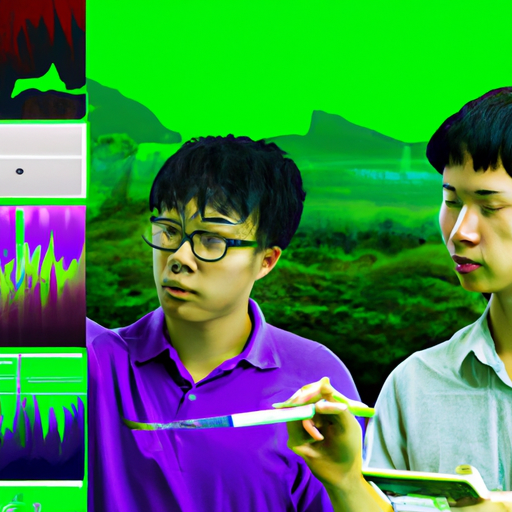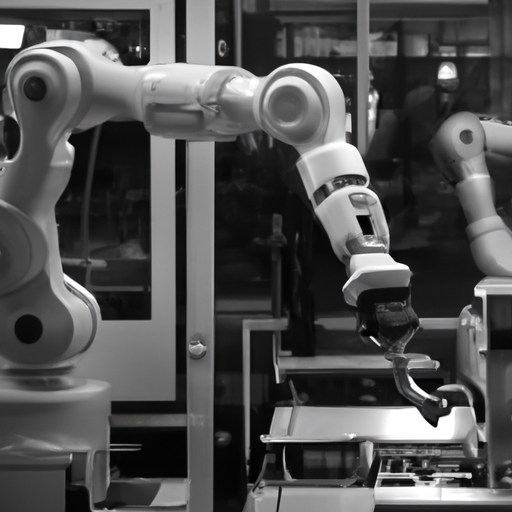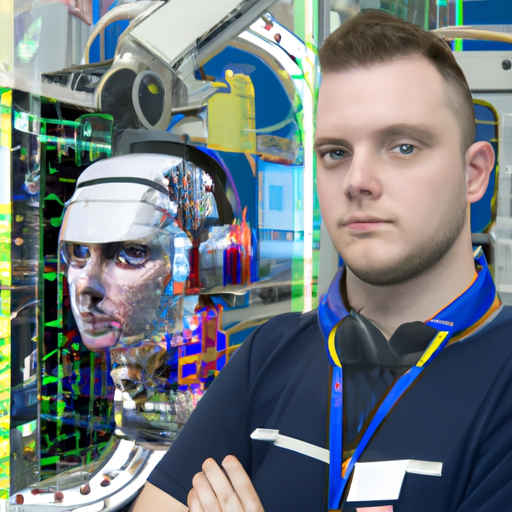Tag: transformation
-

Mastering the Digital Doppelgänger: Unraveling Challenges and Limitations in the Digital Twin Transformation
Digital twins, powered by AI, are pivotal tools for digital transformation, replicating physical entities for non-disturbing analysis and testing. However, harnessing their full potential involves overcoming challenges such as ensuring accurate, relevant, and continuously updated data, integrating data from varied systems and formats, and meeting high computational demands. To navigate these, careful planning, effective strategies,…
-

Digital Twins: Transforming Sustainability and Predicting Environmental Impact with AI
The fusion of AI and digital-twin technology is revolutionizing sustainable development, providing a virtual reflection of physical systems to simulate environmental conditions and predict impacts. This transformation is optimizing operations, reducing emissions, and promoting efficient energy use across industries. Yet, these technologies, while critical, are not standalone solutions and require commitment to long-term environmental health.…
-

Unveiling the Power of Edge Computing: A Revolution in Real-Time Monitoring and Control for Industry 4.0 Transformation
Edge computing, a critical force in the Fourth Industrial Revolution (4IR), is transforming industrial automation by enabling on-site, real-time data processing. This reduces latency and allows instant decision-making, enhancing operational efficiency and productivity, particularly in sectors like manufacturing. When combined with AI, edge computing's benefits extend to predicting and rectifying issues autonomously, and strengthening cybersecurity.…
-

Revolutionizing the Energy Sector: The Role of AI, Digital Twin Technology, and Transformation in Optimizing Renewable Energy Production and Usage
The energy sector is undergoing a significant transformation thanks to AI and 'digital twin' technology. Digital twins, or virtual replicas of physical assets, are being used to simulate scenarios, facilitating data-driven decisions in energy production and distribution. In renewable energy, digital twins maximize production by adjusting to real-time weather conditions while AI predicts output and…
-

Unlocking Data Privacy with Edge Computing: A Deep Dive into Localized Data Processing and the Transformative Impact of AI and 4IR
Edge computing, a game-changer in digital transformation, is essential to both the Fourth Industrial Revolution (4IR) and Artificial Intelligence (AI). By processing data at its source, it enhances speed, efficiency, and data privacy, reducing the risk of data breaches inherent in cloud storage. It's particularly beneficial for AI, which uses large data sets for machine…
-

Unleashing the Potential of AI and Digital Twins: A Transformational Approach to Optimizing Urban Planning and Smart Cities
Digital-twin technology, powered by AI, is transforming urban planning by creating virtual city models for simulating, analyzing and predicting various scenarios. This transformation optimizes traffic management, energy consumption, and disaster response, leading to smart, sustainable cities. As this technology grows, it's offering a blueprint for optimized urban living. Urban planning has always been a complex…
-

Unleashing the Potential of Edge Computing in Industrial Automation: The Pathway to Real-Time Monitoring and Control in Industry 4.0
The Fourth Industrial Revolution (4IR) is characterized by the transformative integration of edge computing and AI, significantly impacting industrial automation. Edge computing enhances efficiency by processing data closer to its source, reducing latency. Paired with AI, it enables real-time monitoring, predictive maintenance, and process optimization in industrial environments. This combination is key to the ongoing…
-

Revolutionizing Industry 4.0: The Power of Digital Twins in Manufacturing, Supply Chain, and Predictive Maintenance
Digital twin technology, a cornerstone of Industry 4.0, is revolutionizing manufacturing, supply chain management, and predictive maintenance by creating virtual replicas of physical entities. This transformation, powered by AI, provides real-time insights, predictive analytics, and scenario analysis for optimized production, proactive disruption management, and efficient maintenance. This game-changing strategy improves business efficiency, resilience, and customer…